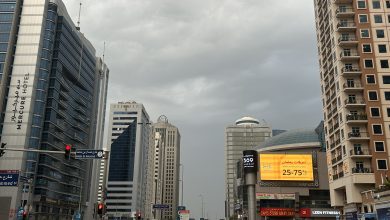The new variant of COVID-19, Omicron, is posing a major global challenge in fighting off the disease.
After the news on November 25 in South Africa of a worrying new variant of the SARS-CoV-2 virus several countries in Europe and elsewhere banned travel from the Southern Africa nations.
On November 26 the World Health Organisation named the variant Omicron as a variant of concern.
The new variant may have the ability to spread more easily than Delta that dominates cases of COVID-19 around the world today. Experts have predicted that Omicron could cause bigger outbreaks than Delta and drugs will be less potent against it.
Following this new threat that Omicron poses many countries are trying to stop the new variant from sweeping through their territories.
Early signs that a new variant may be spreading emerged in South Africa earlier this week as COVID infections increased suddenly from fewer than 300 cases on November 16th to more than 1,200 on November 25th. A vast majority of these infections were in one province, Gauteng, which has Johannesburg as its capital.
READ ON: PH suspends flights from South Africa, other countries over new COVID-19 variant
Analysis has confirmed that the new variant was spreading fast in many provinces in South Africa indicating a pattern that Omicron may be outcompeting Delta.
After the new variant, Pfizer and BioNTech have said that they would be able to rework their mRNA vaccine within six weeks and ship the first batches within 100 days. The mutations in Omicron are considered not a threat to the efficacy of antiviral medicines for COVID-19. (AW)




